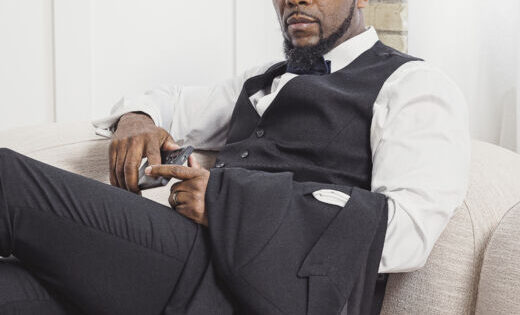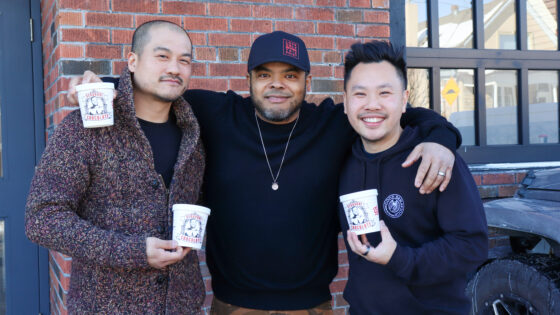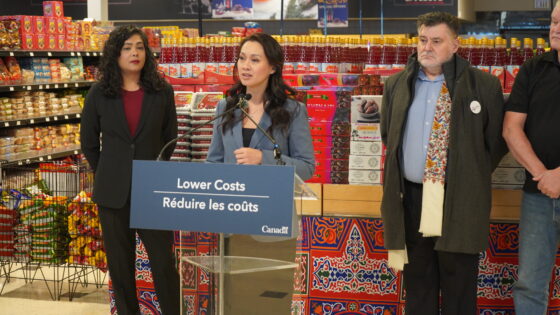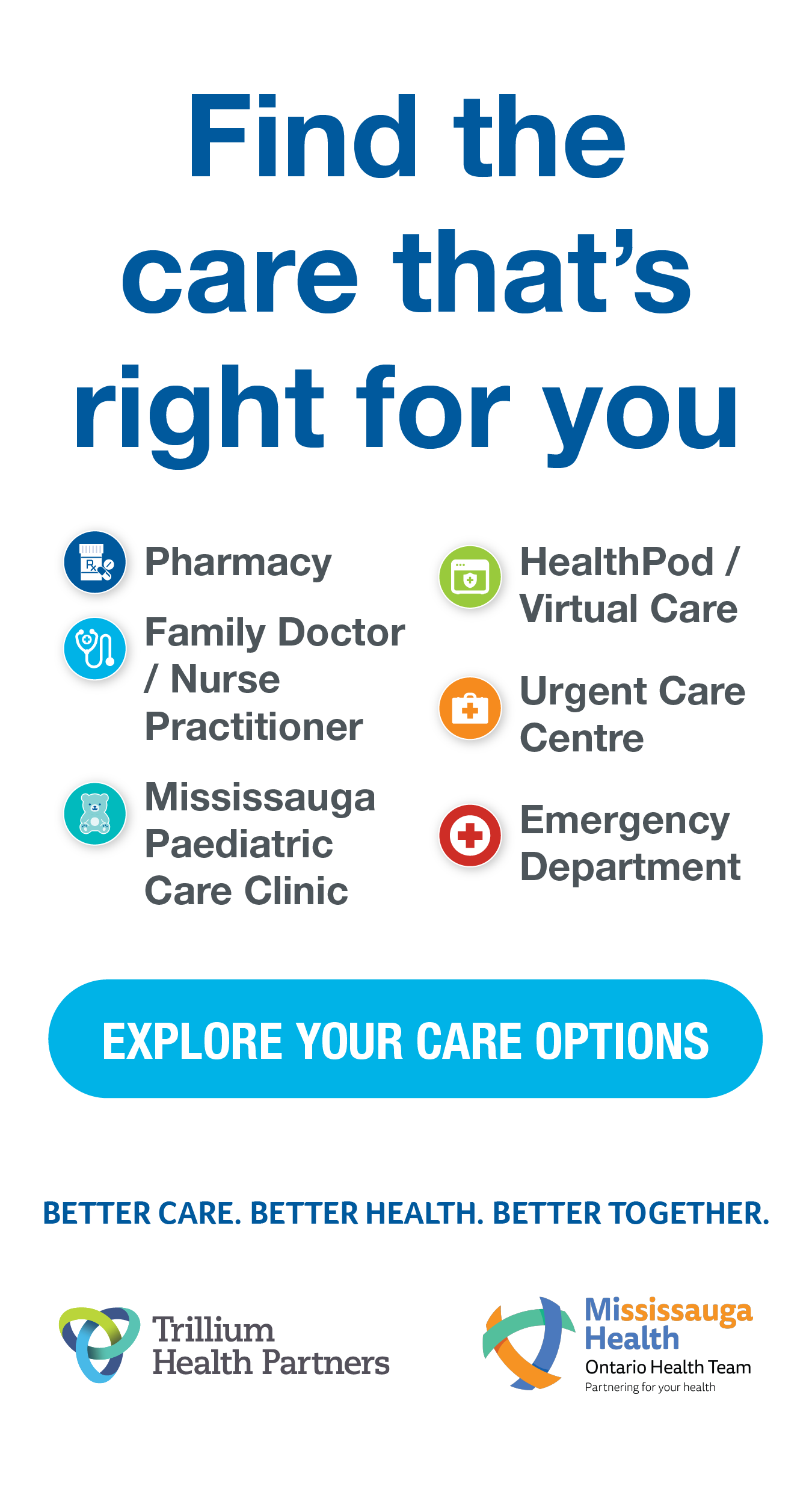on
BY SIMONE J. SMITH
Vaccinations are being executed across Canada and the United States of America. In September 2020, Canada had committed more than $1billion to buy doses of COVID-19 vaccines after they had secured a deal with Sanofi and GlaxoSmithKline.
The Canadian government has rolled out their “Canada’s COVID-19 Immunization Plan: Saving Lives and Livelihoods,” which can be found at the Canada.ca website. According to the website, this plan is critical in Canada’s COVID-19 response. They state that widespread immunization presents the best option to protect people from COVID-19 and over time, to lift the restrictions placed on society to keep people safe and healthy. They are clear that until extensive immunization is achieved, public health measures will continue to be essential to minimize the spread of COVID-19 in Canada and save lives.
The government writers are skilled. They say so much with very little words. “Until extensive immunization is achieved, public health measures will continue to be essential,” is exactly why understanding the Nuremberg Code is important for those who do not want to take the vaccine. There could come a time in our future where we are forced to take the vaccine, or we lose the ability to: go into stores, banks, or even travel.
Of course, we don’t know how this is going to look as different countries have different laws; however, there is a universal law. It is called the Nuremberg Code, and in this article, I am going to break it down to you.
“Doctor’s Trial” (USA v. Karl Brandt et al.)
It was December 9th, 1946, and the American military tribunal had opened criminal proceedings against twenty three Germany physicians and administrators for their participation in war crimes and crimes against humanity.
On April 17th, 1947, a Dr. Alexander submitted a memorandum to the United States Counsel for War Crimes. In the memo was six outlined points that defined legitimate research on human beings. On August 19th, 1947 a verdict was delivered. It was during this time that they confronted the question of medical experimentation on human beings. Dr. Alexander’s points were reiterated and revised to have ten points. These ten points became known as the Nuremberg Code.
What gave rise to the Code were the medical experiments on unwilling subjects that were occurring in Concentration Camps. The Code outlawed all kinds of forced medical procedures and therapies, not just experimental ones. This means that YOU must be fully informed and give free consent, be conscious and able to decide things for themselves that affect their medical future.
The Nuremberg Code has been around since the 1940’s, but recently there have been reinterpretations of the Code. One reinterpretation is that it is for medical experiments only. Let’s be clear; what the Code does is outlaw all forced procedures and therapies, including vaccines.
No one has the right to violate the Code and force any kind of involuntary or undisclosed vaccination on you by any means. This also means that they are not allowed to deprive you of any other right or privilege, including the right to travel and use public facilities.
Let’s take a look at the ten points that are discussed in the Nuremberg Code:
Code 1
The absolutely necessary condition for conducting an experiment on a person is the voluntary consent of the latter.
Code 2
The experiment should bring positive results to the society, unattainable by other methods or research methods; it should not be random, essentially non-binding in nature.
Code 3
The experiment should be based on data obtained in laboratory studies on animals, knowledge of the history of the development of this disease or other studied problems. Its holding should be organized in such a way that the expected results justify the fact of its holding.
Code 4
When conducting an experiment, it is necessary to avoid all unnecessary physical and mental suffering and damage.
Code 5
None of the experiments should be carried out if there is reason to assume the possibility of death or a disabling injury to the subject; an exception, perhaps, may be cases when research physicians act as subjects in carrying out their experiments.
Code 6
The degree of risk associated with the experiment should never exceed the humanitarian importance of the problem that the experiment is aimed at.
Code 7
Appropriate training should precede the experiment, and its implementation should be provided with the equipment necessary to protect the subject from the slightest possibility of injury, disability or death.
Code 8
Only persons with scientific qualifications should carry out the experiment. At all stages of the experiment, those who conduct it or are engaged in it require maximum attention and professionalism.
Code 9
During the experiment, the subject should be able to stop him if, in his opinion, his physical or mental state makes it impossible to continue the experiment.
Code 10
During the experiment, the researcher responsible for carrying out the experiment should be prepared to terminate it at any stage if professional considerations, conscientiousness and caution in the judgments required of it, give reason to believe that the continuation of the experiment may lead to injury, disability or death test subject.
As usual, I am going to tell you to do your due diligence and research what I have presented. It is all a matter of choice. If you want to take the vaccine, great! Just ensure that you have done your research on how it could affect YOUR body. If you are not interested in taking this vaccine, at least you have a starting point when it comes to arming yourself with knowledge.
Always do what you see best for yourself and your family.
Stay in the loop with exclusive news, stories, and insights—delivered straight to your inbox. No fluff, just real content that matters. Sign up today!
We, as humans are guaranteed certain things in life: stressors, taxes, bills and death are the first thoughts that pop to mind. It is not uncommon that many people find a hard time dealing with these daily life stressors, and at times will find themselves losing control over their lives. Simone Jennifer Smith’s great passion is using the gifts that have been given to her, to help educate her clients on how to live meaningful lives. The Hear to Help Team consists of powerfully motivated individuals, who like Simone, see that there is a need in this world; a need for real connection. As the founder and Director of Hear 2 Help, Simone leads a team that goes out into the community day to day, servicing families with their educational, legal and mental health needs.Her dedication shows in her Toronto Caribbean newspaper articles, and in her role as a host on the TCN TV Network.














Harvey Merriam
December 12, 2021 at 11:31 pm
The COVID vaccines are authorized for “experimental use”. Their use will continue to be experimental until they receive full approval. Therefore they are still covered under the Nuremberg Code, and the government’s use of coercion to make people get them is illegal.
Pingback: Homepage
Pingback: id in state
Pingback: sbobetauto
Pingback: sbobetsh
Pingback: relx
Pingback: Smart Rack
Pingback: Sig Sauer for sale Online
Pingback: kardinal stick
Pingback: ตรวจหวยวันนี้
Pingback: betflik
Pingback: card dump sites
Pingback: สล็อตวอเลท ไม่มีขั้นต่ำ